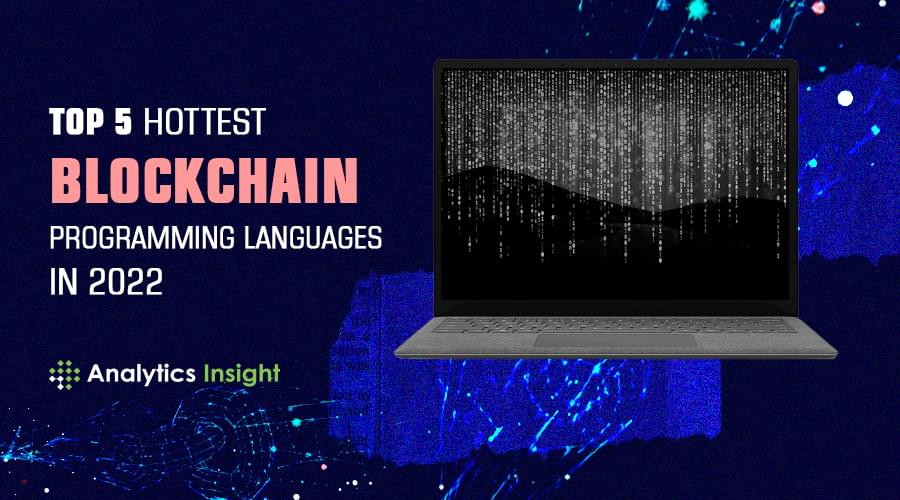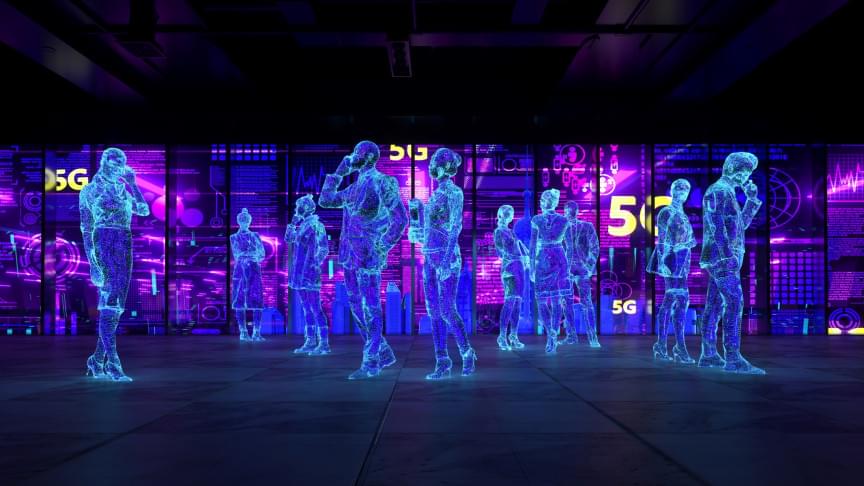Ethereum, the world’s most used cryptocurrency blockchain network, passed a milestone test ahead of a highly anticipated technical upgrade without any major glitches.
Developers ran the latest software for the upgrade known as the Merge on Ropsten, which is one of the oldest so-called testnets of the network. The testnets are used by developers to find potential bugs and glitches before moving their applications to the blockchain. While the Merge has been carried out on other testnets earlier this year, Ropsten was seen as providing the most realistic technical environment and the best estimate for the outcome of the final process.









